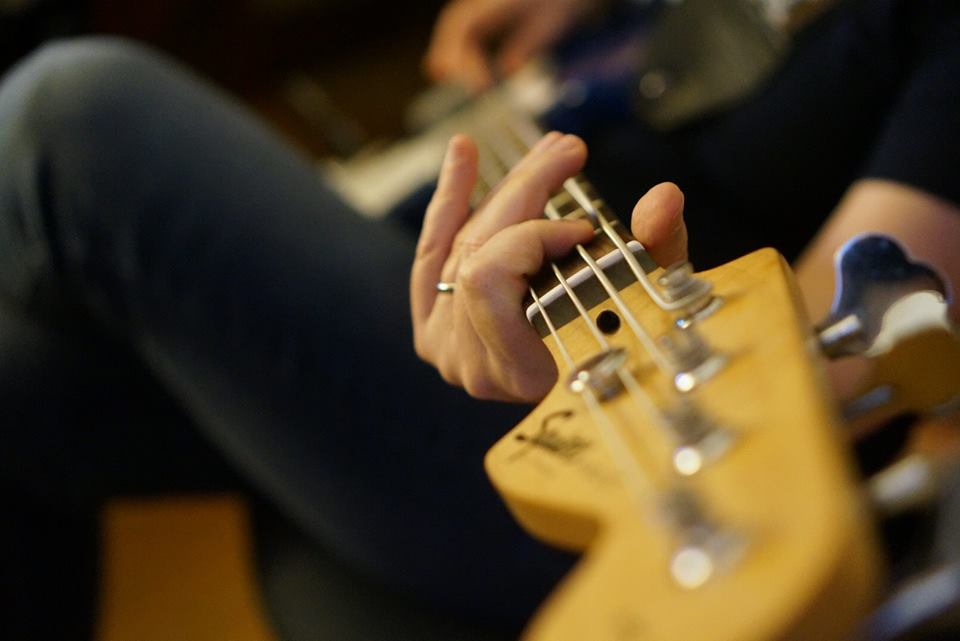This article in the Reader is some wrongheaded nonsense, and the fact that it came from one of the paper’s longtime theater critics, who really should know better, is baffling. But then, most people have dumb ideas about how nonprofits work, and I have an actual degree in this and have worked in nonprofits for a real long time. So listen up.
The belief that people who work for nonprofit organizations should make puny wages a) at all, and 2) regardless of job title or experience is flat-out poisonous. People who work for nonprofits definitely already make less than they would in the private sector for similar jobs across the board, from part-time office help to executive director. Social workers, music teachers, arts organization administrators, etc., tend to have advanced degrees that could command more money and benefits, but they also have a passion for their work, which papers over the cracks that come from taking a lower-paying job. Yet there’s always some busybody who thinks they can cherry-pick a salary off a Form 990 and accuse an organization of wasting money or overpaying employees or blah-de-blah. I’ve personally seen it at every level from psychologists who work with refugees (who were told they should volunteer their time instead of making, like, $40,000) to executive directors.
For example, Deanna Isaacs dings Robert Falls for making $570k as artistic director for the Goodman — a job he has held for 32 years at one of the city’s largest, most award-bedecked, best-known theaters. The Goodman has an $18.5 million annual budget, produces nine shows in its own two theater spaces, runs arts and educational programming in other locations around the city, and employs almost 200 staffers plus 250 contract artists and 500 volunteers. All of this info is available on the Goodman’s website, free for the taking. Any private-sector CEO with 30+ years’ experience running a company that large with that many people would make 10 times that salary. And no one is going to run the Goodman for 50 grand, or whatever Isaacs thinks is an appropriate wage (she doesn’t say).
Isaacs also asserts that executive salaries at arts organizations somehow are cobbled together from donations, completely ignoring ticket sales, grants, licensing, merchandise, concessions, and all the other sources of income a theater company might have. No, tiny donor, your $50 is not going into Robert Falls’s pocket. But the fact that you gave anything at all helps the theater get foundation money — grantmakers look at things like individual donations, even if those donations are small, when awarding the grants that fund individual productions and provide the overhead to pay everyone else’s salary and keep the lights on.
And I’m all for blaming every bad thing happening in the world right now on the 2016 election, but Isaacs’ assertion that six-figure NPO salaries in Chicago are Trump’s fault is. . . odd. I worked for the midwest’s largest social service agency from 2007 to 2011, and our director (also in the job for 30 years, managing 900 employees, 60+ programs in Chicago, plus a growing international presence that ballooned from three to 19 countries in the years I worked there) made more than $250k per year, which caused considerable gasket-blowing among the finger-pointers. But, I mean, for real. That’s a whole lot of job for the money. And it was long before our current nightmare.
What I’m saying is, no matter how little a nonprofit worker makes or how many hours they work or how much they do for their money, there will always be some dipshit who writes an article about how they’re still making too much.
So, yes. Support your local arts organizations and other do-gooders. And if you only have a little to give, a smaller theater or museum or charity can stretch those dollars further than the bigger-budgeted joints can. But all nonprofit work is worth supporting, no one should work for free, and there’s a huge difference between good oversight/stewardship of funds and some crank writing an angry missive in the paper.
